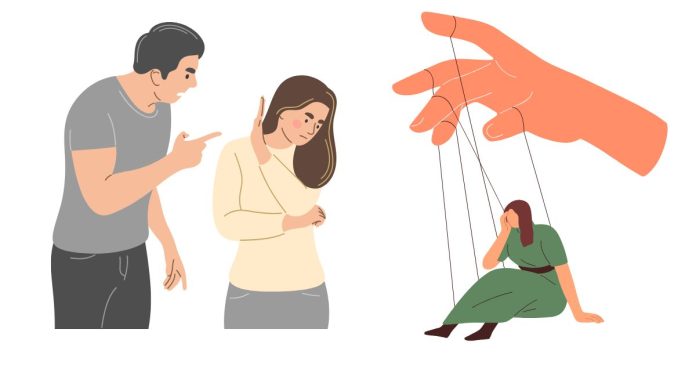Abusive conduct involves behaviors that harm, intimidate, demean, or control another person. It can occur in various settings, including workplaces, personal relationships, and social environments. Recognizing the qualities of abusive conduct is essential for identifying and addressing it effectively.
Common Qualities of Abusive Conduct:
- Verbal Abuse
- Insulting, mocking, or belittling language.
- Constant criticism or yelling.
- Using threats or humiliation to control or intimidate.
- Physical Abuse
- Any act causing physical harm, such as hitting, slapping, or pushing.
- Restricting someone’s physical movement or invading their personal space in a threatening manner.
- Emotional or Psychological Manipulation
- Gaslighting: causing the victim to doubt their reality or memory.
- Controlling behavior, such as isolating someone from friends and family.
- Creating feelings of fear, guilt, or worthlessness.
- Financial Control
- Withholding access to money or financial resources.
- Controlling how money is spent or earned.
- Using financial dependency to exert power over someone.
- Sexual Abuse
- Forcing or coercing unwanted sexual activity.
- Exploiting or manipulating someone for sexual purposes.
- Bullying
- Repeated aggressive behavior aimed at dominating or humiliating someone.
- This can include cyberbullying, spreading rumors, or ostracizing someone in a group setting.
- Power Imbalance
- Abusive conduct often involves exploiting a power dynamic, such as in a workplace (employer-employee), family (parent-child), or relationship (partner-partner).
- Pattern of Behavior
- Abusive conduct is typically not a one-time incident but a repeated pattern of harmful actions.
Impact of Abusive Conduct:
- Emotional Impact: Anxiety, depression, and low self-esteem.
- Physical Impact: Injuries, chronic health issues from stress.
- Social Impact: Isolation and strained relationships.
If you or someone you know is experiencing abusive conduct, it’s important to seek help from trusted individuals or professional resources. Recognizing these qualities is the first step toward taking action and fostering a safer environment.


